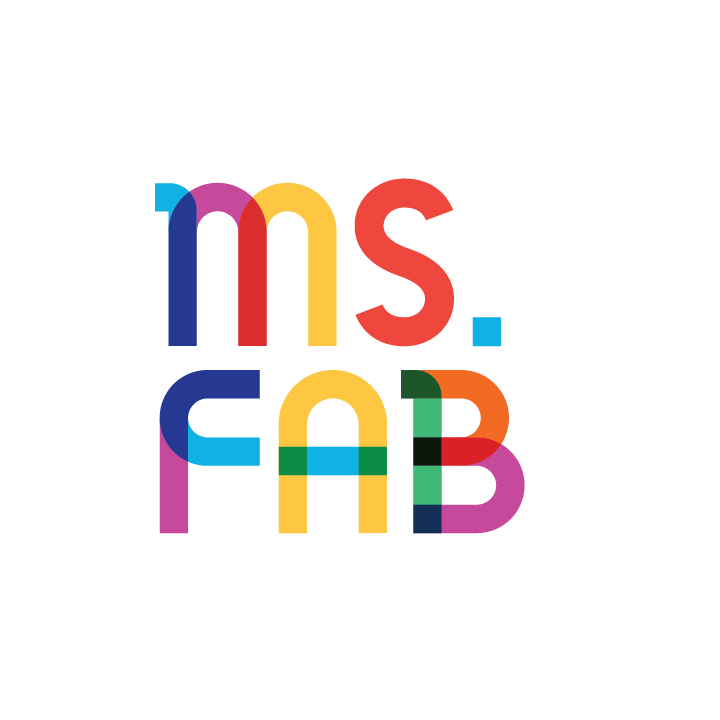What Are We Trying To Measure After All?
We have resorted to a lot of nonsense in the name of “accountability.” The most notorious of them are standardized tests.
But do standardized tests show an accurate view of students’ abilities?
For years, schools have obsessed with testing and grades in an attempt to quantify and standardize student learning.
This makes kids see grades as the very point of school.
Grades are what kids have been told to focus on to succeed. It’s what parents look at to know if their kid is “learning.” It's what teachers use in order to sort and compare. It’s what countries use to rank their schools.
While standardized tests may tell us lots of things, they tell us little about the process of learning.
Do standardized tests show an accurate view of students’ abilities?
Experts agree that it is almost impossible to measure genuine learning.
We can’t “measure” learning because the most genuine parts of learning aren’t measurable.
Genuine learning often happens outside of school, when kids are relaxed, exploring, creating, and trying things out without worrying about being judged.
Standardized tests are measuring the wrong thing. And if we are measuring the wrong thing, why are we even keeping score?
Are standardized tests good indicators of what kids are actually learning?
Test anxiety is a real thing. Countless kids do poorly on standardized tests even though they may have learned the material. On the other hand, countless kids who do well on standardized tests have learned little or nothing at all.
The data we capture with standardized tests is misleading, and we are letting this incomplete data drive our curriculum and judge students' performance.
What behaviors does standardized testing encourage?
There are countless studies that demonstrate how grades have been scientifically proven to reduce a student's interest in the learning itself, reduce their preference for challenging tasks, and reduce the quality of the student’s thinking.
Teachers are encouraged to teach test prep from scripted curriculums and kids are encouraged to focus on memorization and mastering test -taking skills instead of engaging in creative learning experiences. The obsession with high-stakes standardized tests is stifling creativity and imagination.
Despite all this evidence, schools continue to emphasize the importance and validity of grading.
Is this the best way to assess kids?
The purpose of any assessment should be to help kids see what they don’t understand so they can improve, and not to punish them for what they don’t know.
So, do standardized tests show an accurate view of students’ abilities, or are we following a flawed system to start with?
What if we try to evaluate kids in a caring, real-world way? The real world is built around giving feedback and showing people what they need to do in order to get better. We must assess kids in ways that motivate them to work harder.
What if we assessed kids’ learning by measuring whether a subject or lesson made them want to learn more?
I explore ideas like this in Fab Fridays, my newsletter on childhood education and new ways to learn.
Subscribe below!

